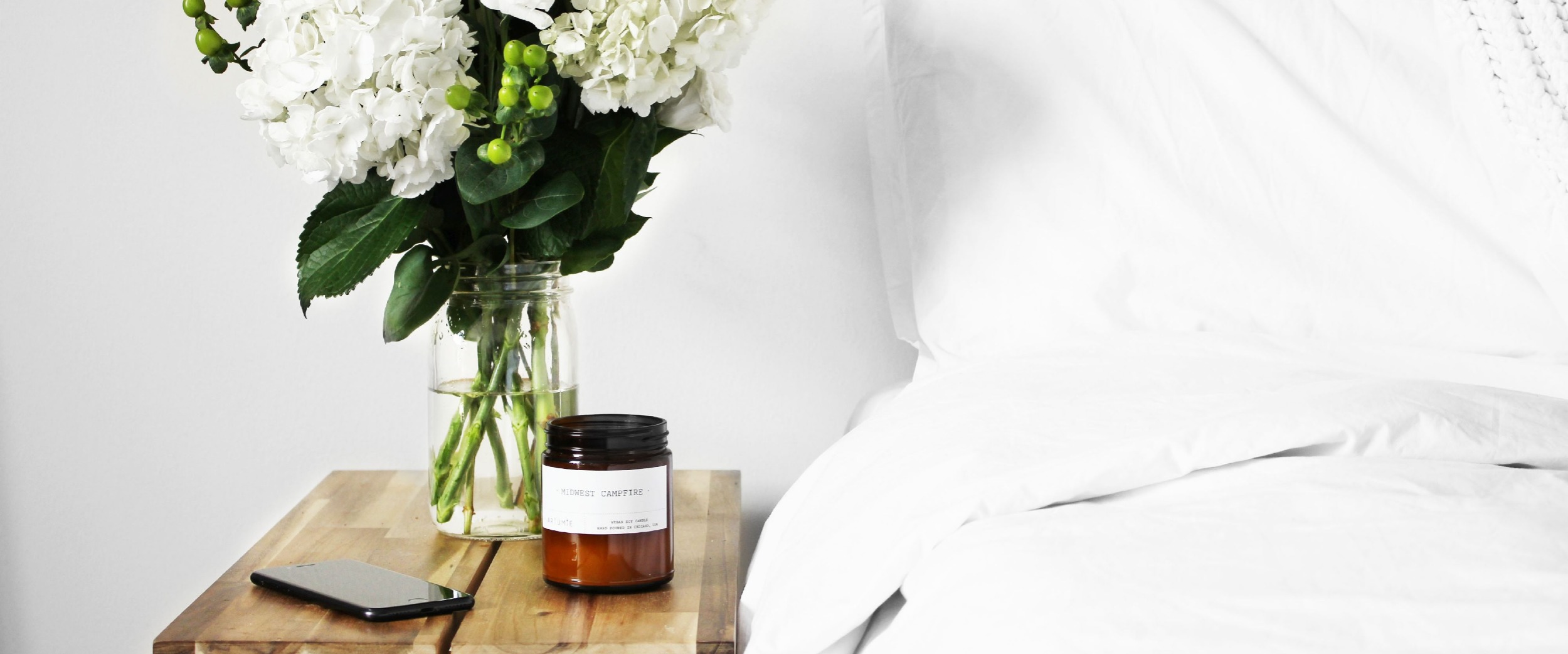Simply put, surgery is awful. Your body is recovering from some major trauma. And if you were feeling rather healthy before surgery, afterwards can feel a bit like a train wreck. We asked women for their tips on making recovery a little more bearable.
- After surgery, you will have drains on one or either side of your arms. These drains remove any fluid that could build up around your surgical area and help reduce infection. But they can be painful and uncomfortable when you try to walk or sit up. Post mastectomy camisoles with pockets to hold your drains are available but they can be expensive. Instead you can take a large pin and pin your drains to a loose-fitting camisole. This way you can have a bit more mobility without putting weight on your incisions.
- Don't try to wear anything that goes over your head. It’s hard enough to change after surgery so it’s best to reduce as many obstacles as possible. Loose-fitting, button up shirts that are made from soft materials can help reduce painful movements and skin irritations.
- Do your arm exercises! Your surgeon will give you exercises to do to help speed up recovery and prevent stiffness; they really work. It may be uncomfortable, but they are key to preventing discomfort and lymphedema in the long run.
- Take all the help you can get. People will offer to help after your surgery. Don’t be too proud to take them up on their offers. You may notice that offers for help start to fade the farther you are from your surgery so reach out and ask people for specific things you need, like food or rides.
- Hydrate. Hydrate. Hydrate. Hydration is really important for everyone but especially after surgery. It helps prevent complications and speed up recovery.
- If you’re feeling nauseated after your surgery, ask someone to get you a cold wet cloth to put on the back of your neck.
- Pain killers can cause constipation. Mobility equals motility so, get up and walk a bit even when you don’t want to. It can help get things moving again.
- Speaking of pain killers; they can really work to relieve your pain. Even if your brain tells you your feeling back to normal, your body is still healing so take it easy! Don’t do too much too fast or it can take its toll. And definitely don’t lift anything heavy!
- Take pain meds about an hour before you empty your drains. This process can be painful, and this is the best way to minimize the pain.
- Put a pillow under your arms when you are sleeping or lying down to help relieve any pressure.
Last but not least, remember that every day will get better. It may feel slow and you may get restless but just remember that you will start feeling better again soon.
Photo by Logan Nolin on Unsplash







